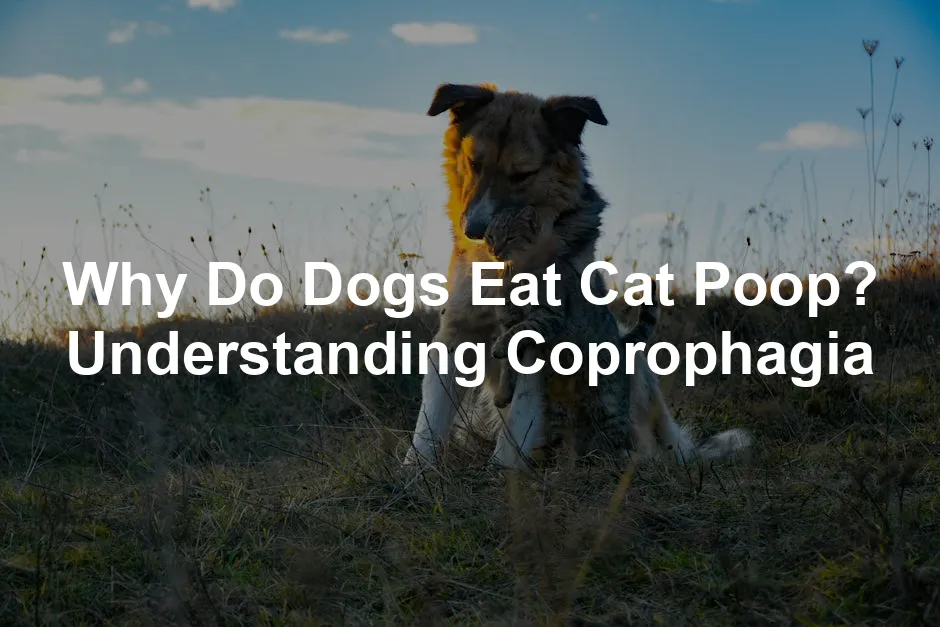
Why Do Dogs Eat Cat Poop? Understanding Coprophagia
Introduction
Seeing your dog munch on cat poop can be shocking. Most pet owners react with disgust. But why do dogs engage in this behavior? Understanding the reasons behind this odd habit is crucial for responsible pet ownership. Let’s dive into what drives dogs to eat cat feces.
Summary and Overview
Coprophagia is the technical term for eating feces. It’s surprisingly common among dogs. This behavior often stems from their natural instincts. Dogs are scavengers by nature, leading them to explore various substances, including feces.
Additionally, cat poop can be enticing due to its smell and composition. Cats consume a high-protein diet, making their waste attractive to dogs. However, this habit isn’t without risks. Eating cat poop can expose dogs to harmful bacteria and parasites. Understanding coprophagia can help you manage your dog’s behavior and ensure their health. If you’re curious about the broader implications of stress in modern society, you might want to explore why we feel stressed in modern society.
And speaking of health, if your pup is in need of some serious TLC, consider investing in some high-protein dog food. It’s essential for keeping your furry friend healthy and happy!

Understanding stressors can help in managing your pet’s behavior. why we feel stressed in modern society
Understanding Canine Behavior
The Instinct to Scavenge
Dogs are natural scavengers. This trait is deeply rooted in their evolutionary background. In the wild, dogs searched for food scraps left by other animals. This instinct drives them to explore various sources of nutrition, including feces. When dogs come across cat poop, its smell can be particularly enticing. Cats eat high-protein diets, which means their waste often contains undigested nutrients. This combination of appealing aroma and nutrient content can lead dogs to raid the litter box. Essentially, for dogs, cat feces can seem like a tasty snack.
To keep your dog’s curiosity in check, consider providing them with interactive dog toys. These can keep them entertained and mentally stimulated, reducing their urge to explore the litter box!
Maternal and Exploratory Behaviors
Maternal instincts play a significant role in coprophagia, especially among puppies. Mother dogs often consume their puppies’ feces to keep the area clean. This behavior teaches puppies about their environment, and they may mimic it out of curiosity. Dogs, particularly young ones, learn by exploring through taste. Tasting things is part of how they understand their world. As they grow, this exploratory behavior may continue, leading them to sample what they find, including cat poop. Such actions are common and highlight the natural, instinctual behavior of dogs.

Nutritional Factors
Dietary Deficiencies
Many dogs eat cat poop due to nutritional deficiencies. If a dog’s diet isn’t balanced, they may seek other food sources. This scavenging behavior can lead them to cat feces, which may seem like a tempting option. Cat poop often contains undigested nutrients, making it attractive to dogs. Cats consume high-protein diets, so their waste can hold proteins, fats, and vitamins. These nutrients can appeal to dogs, especially if they lack them in their regular meals. Therefore, if your dog is munching on cat poop, it could signal that their diet needs a review or adjustment.
Consider adding some dog vitamins and supplements to their diet to help fill in any nutritional gaps!
The Role of Cat Food Ingredients
The ingredients found in cat food play a big role in the appeal of cat poop. Cats require a diet high in protein and fat, which often leads to nutrient-rich feces. When dogs sniff around the litter box, they encounter a scent similar to cat food. This smell can be irresistible! The aroma may include flavors that many dogs find tasty. Additionally, cat food often has added flavors that can transfer into the poop. As a result, dogs may be drawn to cat feces, thinking they’re indulging in a special treat. Understanding this can help pet owners manage their dog’s diet better to discourage this behavior.

Health Risks of Eating Cat Poop
Parasites and Bacteria
Dog owners should be aware of the health risks linked to dogs eating cat poop. Cat feces can harbor harmful parasites, such as Toxoplasma gondii and various worms. When a dog consumes cat poop, they may unknowingly ingest these parasites, which can lead to serious health issues.
In addition to parasites, cat feces can contain dangerous bacteria. Salmonella and E. coli are two common bacteria found in cat poop that can pose risks to dogs. These bacteria can cause gastrointestinal distress, leading to symptoms like vomiting and diarrhea. Regular vet check-ups are crucial to monitor your dog’s health, especially if they have a habit of raiding the litter box.
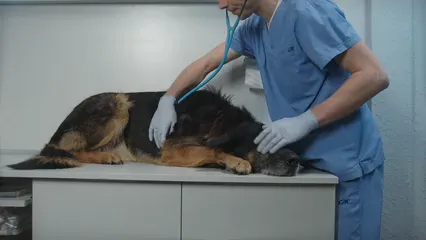
Gastrointestinal Issues
Eating cat poop can lead to gastrointestinal problems, especially if dogs ingest cat litter along with the feces. Many types of cat litter, particularly clumping varieties, can expand in a dog’s stomach, potentially causing blockages. This can lead to severe discomfort and may require medical attention.
Symptoms to watch for include vomiting, diarrhea, and signs of abdominal pain. If your dog shows any of these symptoms after eating cat poop, it’s essential to consult your veterinarian promptly. Early intervention can prevent more serious complications and ensure your dog stays healthy.
How to Prevent Dogs from Eating Cat Poop
Environmental Management
Effective management of the environment is key to preventing dogs from eating cat poop. One simple solution is to place the litter box in a location that is inaccessible to dogs. A bathroom or laundry room with a door can work well.
If that’s not possible, consider investing in dog-proof litter boxes. These boxes often have design features that deter dogs while still allowing cats easy access. Baby gates can also be useful; they create barriers that keep dogs away yet permit cats to pass through. Regular cleaning of litter boxes is another essential step to reduce the temptation of scavenging. By keeping the litter box area secure and clean, you can help protect your dog from the health risks associated with eating cat feces.
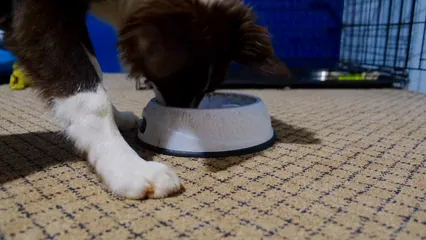
Training Techniques
Training your dog to avoid eating cat feces is essential for their health. Start by teaching commands like “leave it.” This command can prevent your dog from approaching the litter box. When your dog responds correctly, use positive reinforcement. Treats and praise will encourage them to obey.
Consistency is key. Practice this command in various situations, not just around the litter box. If your dog attempts to eat cat poop, gently redirect their attention. Be patient; changing behavior takes time.
Additionally, consider using a dog muzzle for training during walks. This prevents them from snacking on any feces they find outside. Remember, training should be a positive experience, so keep it fun and engaging!
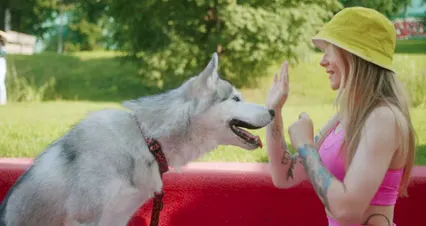
Addressing Boredom and Stress
Boredom can drive dogs to explore undesirable snacks, including cat poop. Increasing your dog’s exercise is crucial. Aim for daily walks and play sessions that challenge them physically and mentally.
Interactive toys can keep them engaged while you’re busy. Puzzle toys for dogs filled with treats can stimulate their minds. Rotate toys regularly to keep things fresh and exciting.
Socialization is also important. Arrange playdates with other dogs or enroll in dog training classes. This interaction provides mental stimulation and helps curb scavenging behavior. By addressing boredom and stress, you reduce the chances of your dog raiding the litter box.
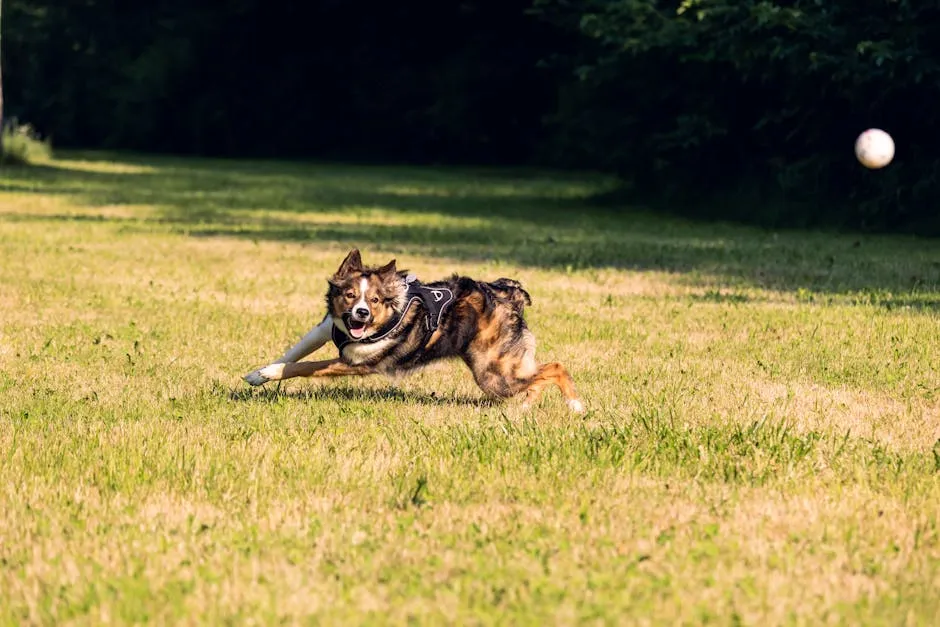
Conclusion
Understanding why dogs eat cat poop is vital for responsible pet ownership. Key factors include natural instincts, curiosity, and possible nutritional deficiencies. Training techniques and addressing boredom can significantly reduce this behavior. If your dog continues to eat cat poop, consult your veterinarian for advice. Keeping your pets healthy and happy is a top priority.
Please let us know what you think about our content by leaving a comment down below!
Thank you for reading till here 🙂
Oh, and before you go, don’t forget to check out the pet odor eliminator spray for those unfortunate accidents that might happen during training!
All images from Pexels




